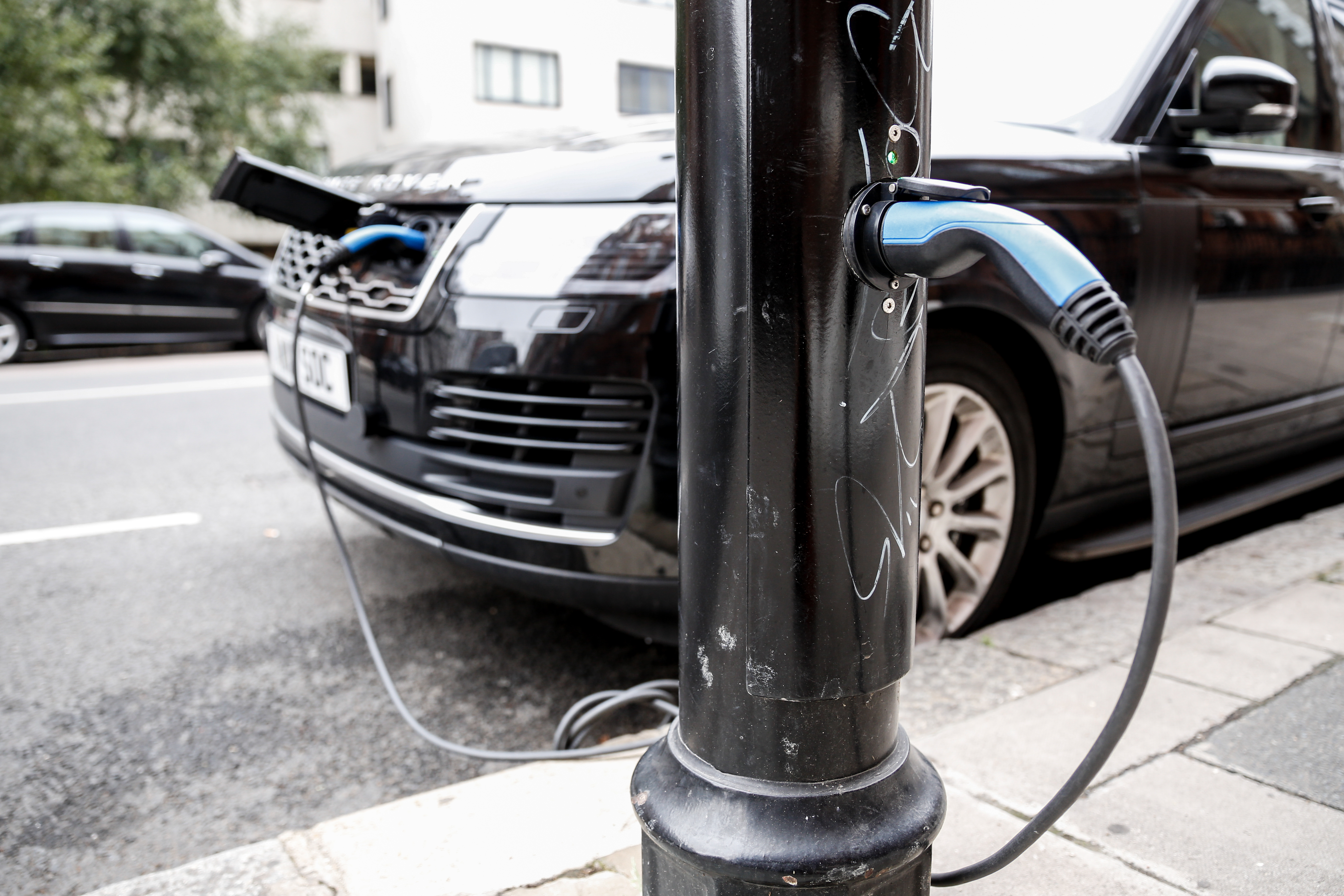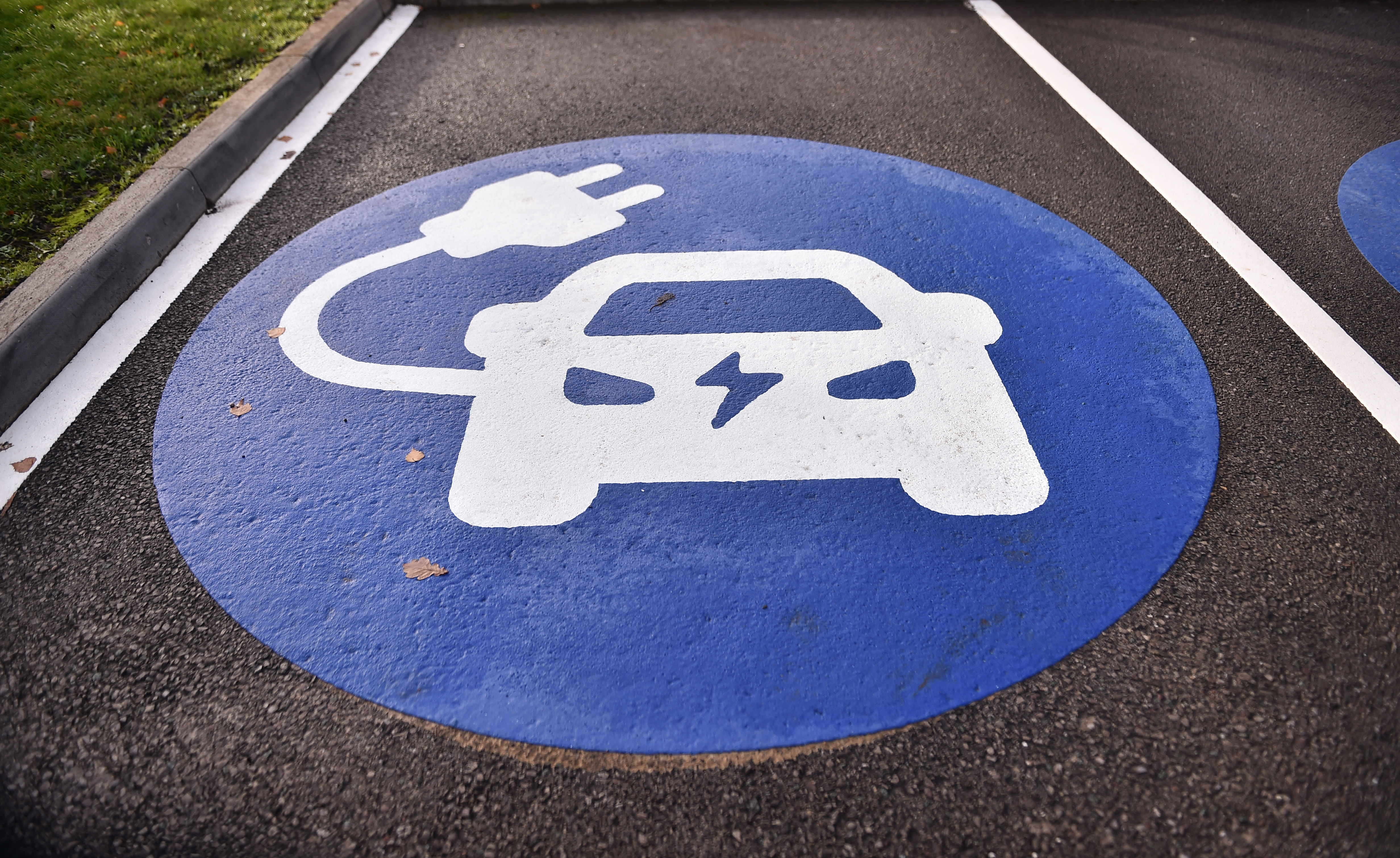How much will an EV cost you in Australia? Key things to consider before switching to an electric car
More than half of Aussies would consider switching to electric for their next vehicle. Here's what you should take into account before taking the plunge.


Get all the latest news, reviews, deals and buying guides on gorgeous tech, home and active products from the T3 experts
You are now subscribed
Your newsletter sign-up was successful
According to the most recent report from Australia's Electric Vehicle Council (EVC), 56% of Aussies would consider an EV for their next vehicle purchase, which is a steady increase on 2018 and 2019 figures. While electric scooters or human-powered rides are great for shorter journeys, an electric or hybrid car might be better suited to more arduous trips.
Before you dive into makes, models and additional features, it would be wise to investigate how an EV purchase will fit into your budget in the short and long term.
So, here are four important electric vehicle cost factors to consider:
1. EV purchase prices in Australia
The EVC’s 2020 report showed the cost of electric vehicles is still discouraging buyers. The report counted 28 electric vehicle models in Australia, eight of which are priced under AU$65,500. According to the NRMA, prices for a full battery EV can start as low as AU$47,500, and if you’re considering a hybrid electric vehicle, starting prices sit closer to AU$26,000.
While six more fully electric models are expected to arrive Down Under by the end of this year (with two costing less than AU$50,000), the EVC says the absence of a national EV policy is restricting broader supply for Australians and keeping prices high. They suggest national fuel efficiency standards seen in countries like the UK and US could help lower EV purchases prices to be on par with petrol and diesel-powered cars.
Right now, the Australian government's focus around EVs is on charging infrastructure and managing the electricity grid, not financial incentives for buyers. Interested motorists can provide feedback on the approach outlined in the government’s Future Fuels Strategy discussion paper.
2. The cost of charging an electric vehicle
Moving from the bowser to the charger presents major cost savings alongside emissions reduction. EVC research shows the average cost of charging an electric vehicle amounts to three cents per-kilometre, compared to ten cents per-km for fuel-powered cars.
Get all the latest news, reviews, deals and buying guides on gorgeous tech, home and active products from the T3 experts
Essentially, ‘filling up’ an EV will cost less than a third of the price of a full tank of petrol or diesel when travelling the same distance. With that full charge, most EVs will now travel more than 500km.
Environmental costs are also reduced considerably. For every kilometre it travels, a combustion engine car emits 185 grams of carbon dioxide. An EV emits just 98 grams if charged on the standard electricity grid. This number could drop further, along with the price of charging EVs, if Australia’s power sources become greener.

Fully charging an EV will cost less than a third of the price of a full tank of petrol or diesel when travelling the same distance.
3. Electric vehicle maintenance costs
Electric vehicle servicing and maintenance is consistently cited as cheaper than bills for combustion engine cars – around AU$300 to AU$400 less annually according to the EVC. This comes down to the fact that these vehicles have fewer, more durable moving parts.
A modern e-motor has only three moving parts compared to more than 100 in other engines, which provides fewer opportunities for mechanical faults. Electric vehicle drivers can also abandon regular fluid changes like oil and coolant, as these aren’t required in EVs.
Collectively, this means EV drivers don’t need to book in for servicing as often and won’t see parts breakdown as quickly.
- Best dash cam 2021: top car dash cams tried and tested
- Best sat nav 2021: including TomTom, Garmin and more
- Best car phone holders 2021: windscreen, vent and dash mounts
4. EV insurance premiums
When choosing an insurance policy for an EV, you can usually expect to see higher premiums. This is largely because insurance companies don’t have a comprehensive understanding of EVs, and thus increase car insurance prices to mitigate risk of the unknown.
In the 2020 Mozo Experts Choice Car Insurance Awards, the Mozo data team analysed EV insurance costs compared to standard car insurance quotes.
By seeking out real-life insurance quotes for ten different electric vehicles with an average market value of AU$120,000, they found the average yearly insurance premium for EVs was approximately AU$2,515.
However, by taking the generally pricier Teslas out of the mix, premiums dropped to around AU$1,415. For context, the average comprehensive car insurance premium was AU$952 in 2020, according to Mozo.
Despite this slightly higher premium, lower on-road and maintenance costs make electric vehicles the more cost-efficient choice in the long-run. The EVC estimates motorists can save between AU$810 to AU$1,400 every year on car ownership by purchasing an EV.
Couple this with the emission reductions, and you’re on the road towards a more economically and environmentally sustainable future.
Author bio
Mozo money writer Olivia Gee is dedicated to scouring the fine print of car insurance policies so Australians can find top deals for their wheels. She shares her savings insights in Tweet-form at @OwildOlive.

Mozo money writer Olivia Gee is dedicated to scouring the fine print of car insurance policies so Australians can find top deals for their wheels. She shares her savings insights in Tweet-form at @OwildOlive.